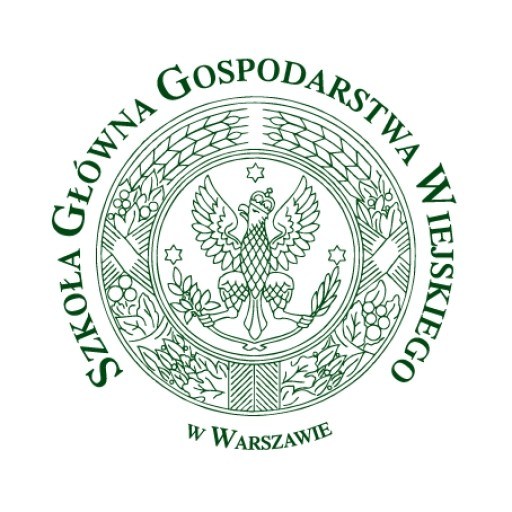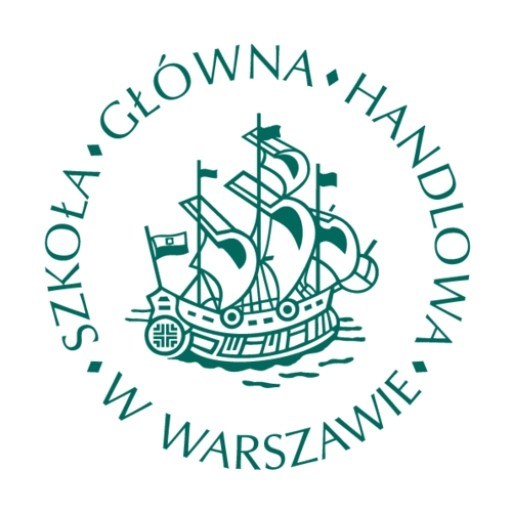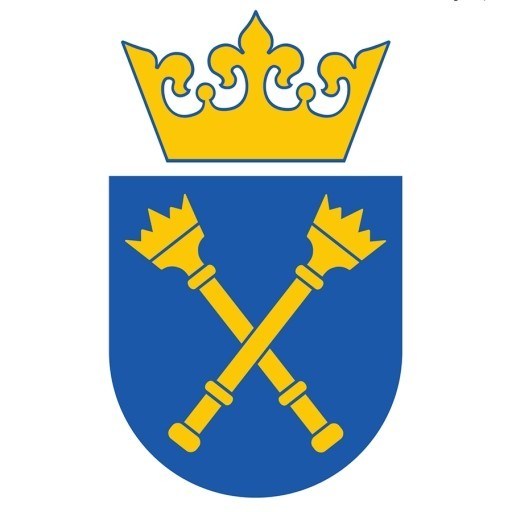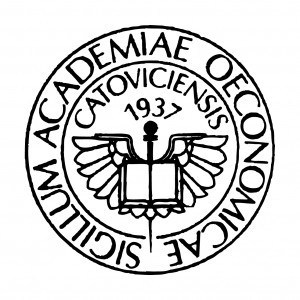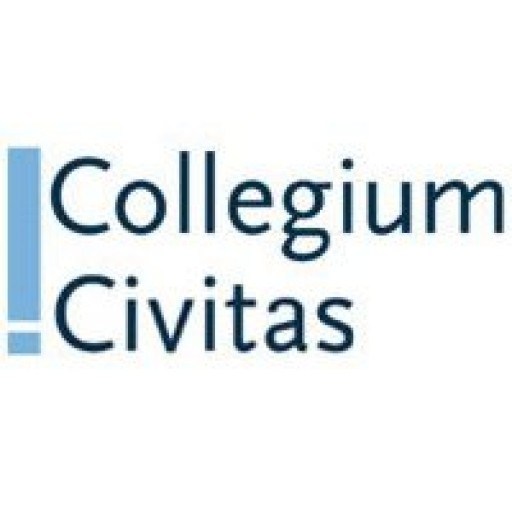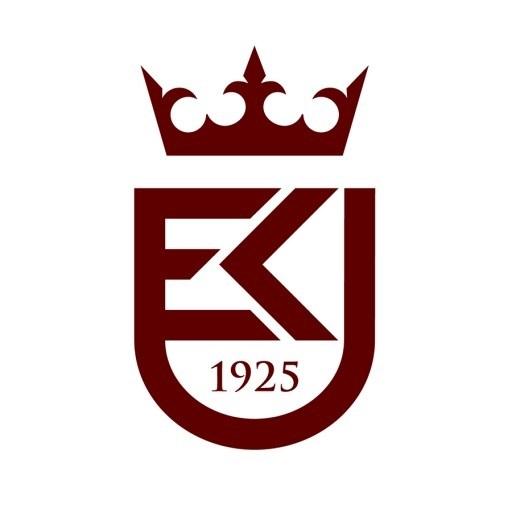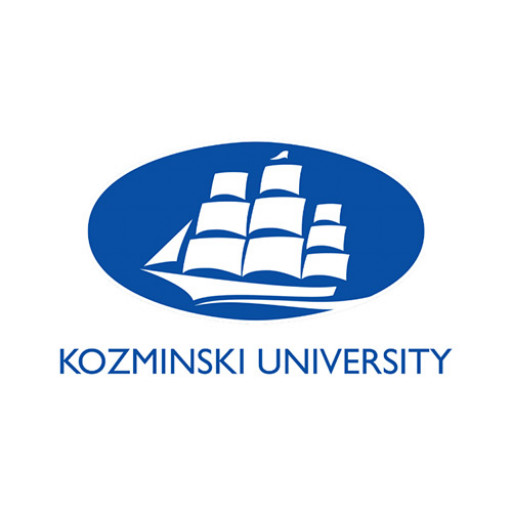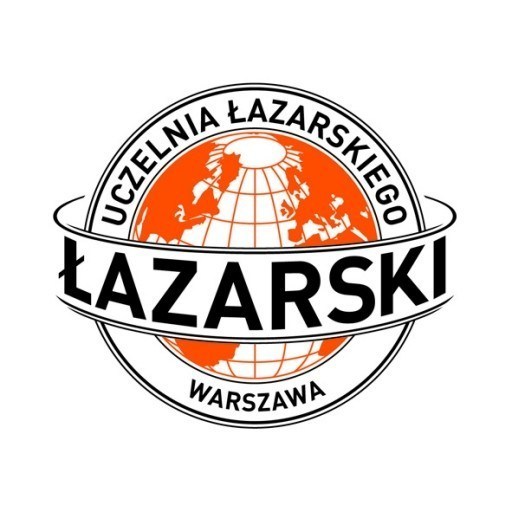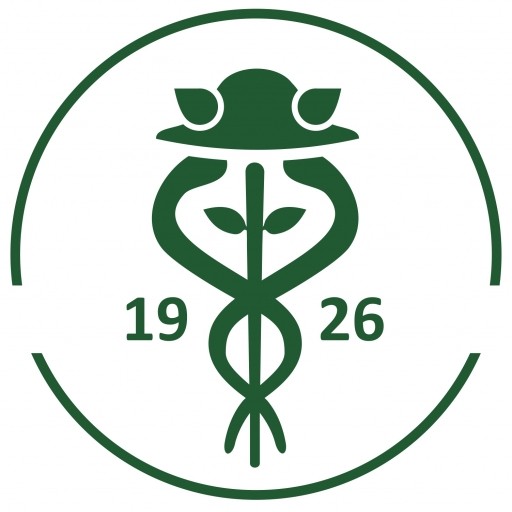The Finance and International Investment programme at Warsaw University of Life Sciences (WULS-SGGW) offers students a comprehensive education in the fields of financial management, investment strategies, and global economic trends. Designed to prepare graduates for dynamic careers in finance, this programme combines theoretical knowledge with practical skills to meet the demands of the modern financial sector. Students will gain a solid understanding of financial analysis, accounting principles, and risk assessment, alongside an in-depth exploration of international markets, investment portfolio management, and economic globalization. The curriculum incorporates courses such as corporate finance, financial markets and institutions, international trade, and investment analysis, providing a well-rounded foundation for future professionals. In addition, students are encouraged to develop critical thinking, analytical skills, and strategic decision-making abilities through case studies, simulations, and internship opportunities. The programme is delivered by experienced faculty members with expertise in financial economics, investment banking, and international finance, ensuring students receive high-quality education aligned with current industry standards. Graduates of this programme will be well-equipped to pursue careers in banking, asset management, financial consulting, or international investment firms. They will also have the necessary competencies to work with multinational corporations or to undertake entrepreneurial initiatives in the financial domain. The programme emphasizes practical training through collaboration with financial institutions and participation in international exchange programmes, fostering global outlooks and intercultural understanding. With a strong emphasis on both theoretical foundations and practical applications, the Finance and International Investment programme at WULS-SGGW prepares students for successful and versatile careers in the increasingly interconnected world of finance.
Detailed Course Facts
Application deadline Round 1: April 16; Round 2: July 2 Tuition fee- EUR 1570 Year (EEA)
- EUR 2300 Year (Non-EEA)
Maximum 50% of candidates can receive complete tuition waivers for the entire programme.
Start date October 2015 Credits (ECTS) 180 ECTSDuration full-time 36 months Languages Take an IELTS test
- English
Course Content
Students learn how to manage modern financial engineering instruments of multinational corporations, are supplied with knowledge of the foreign exchange risk management techniques, optimization, corporate finance and international relations, especially these associated with investing in assets. The program provides students with skills that enable them to prepare state-of-the-art analyses of the market value of enterprises and financial statements in accordance with accounting standards.
Audience
Students have the key skills workshop, they can prepare financial statements in accordance with accounting standards and make a valuation of the market value of businesses and assets. Students are familiar with the functioning of foreign exchange markets, are equipped with the essential skills to manage modern financial engineering instruments of multinational corporations, have knowledge of the foreign exchange risk management techniques, optimization, corporate finance and international issues associated with investing in foreign assets.
These skills allow you to take up employment in positions of economists and representatives of related occupations in each sector and sector of the economy, both at home and abroad. Directional knowledge and skills to prepare working primarily with financial institutions (banks, insurance companies, investment funds and pension funds), companies, central government bodies, research institutes, educational institutions, as well as his own company. The resulting theoretical foundations, as well as knowledge of the practical application of analytical methods, selected econometric and accounting tools may find its use in job opportunities economists, analysts, traders, accountants.
English Language Requirements
IELTS band : 7 TOEFL paper-based test score : 600 TOEFL iBT® test : 100
To study at this university, you have to speak English. We advice you to
take an IELTS test. More About IELTSRequirements
BA programme is available for holders of European Baccalaureate who are fluent in English. The admission will be possible through the central university recruitment web page from June the 10th to July the 3rd, 2013 and again in September if the limit of 60 accepted candidates will not be reached.
Admission - 3rd round of admissions: form 1st August till 21st September, results will be announced on 25th September (recommendation: for visa-holders and EU citizens as the courses start on 1st October).
PLEASE NOTE! Accepted candidates who do not have a undergraduate degree in Archeology may be asked to complete some of the undergraduate courses in order to eliminate program differences. In such cases the decision will be made by the Director for Students Affairs at the Institute of Archeology of University of Warsaw, based on the candidates submitted documents (grade book transcript) during the adaptive week (beginning of October, 2013).
Work Experience
No work experience is required.
Related Scholarships*
- Academic Excellence Scholarship
"The Academic Excellence Scholarship can provide up to a 50 % reduction in tuition per semester. These scholarships will be renewed if the student maintains superior academic performance during each semester of their 3-year Bachelor programme. The scholarship will be directly applied to the student’s tuition fees."
- Alumni Study Travel Fund
Scholarships for students who are already attending the University of Reading.
- Amsterdam Merit Scholarships
The University of Amsterdam aims to attract the world’s brightest students to its international classrooms. Outstanding students from outside the European Economic Area can apply for an Amsterdam Merit Scholarship.
* The scholarships shown on this page are suggestions first and foremost. They could be offered by other organisations than University of Warsaw.
Accreditation
· Ministerial Accreditation - As the only one in the country, the Faculty of Economic Sciences was awarded a prestigious distinction for its curricula in economics by the State Accreditation Committee (a ministerial body carrying out quality control with respect to institutions of higher education). Thus, we feel justified to claim that the curricula we offer to our students are the best in Poland! There are many Polish schools although by far not all of them whose economics curricula were recognised by the State Accreditation Committee. However only the one offered at the Warsaw University Faculty of Economic Sciences was awarded the distinction in the course of this process. The State Accreditation Committee has been very restrictive in its decisions (University of Warsaw was awarded such an honour only twice so far), therefore our satisfaction is even greater. The written justification of the award is quite extensive and it will inspire us to further efforts towards applying our successful experience in all other curricula offered by our Faculty.
· UAC Accreditation - University Accreditation Commission has awarded the CRPU Education Quality Certificate to the Faculty of Economic Sciences. The accreditation extends to all its degree programmes for the period of 5 years (maximum accreditation term at UAC). After an auditing visit in March 2003, the UAC evaluation team found that the Faculty of Economic Sciences meets all terms and standards for the accreditation award. University Accreditation Commission is a joint higher education quality assurance measure established by the Conference of Rectors of Polish Universities (CRPU) in view of lack of governmental quality assurance measures in the 1990s. The Commission consists of senior academics of 19 major national universities who serve in auditing teams that on demand evaluate a university's degree programmes.
